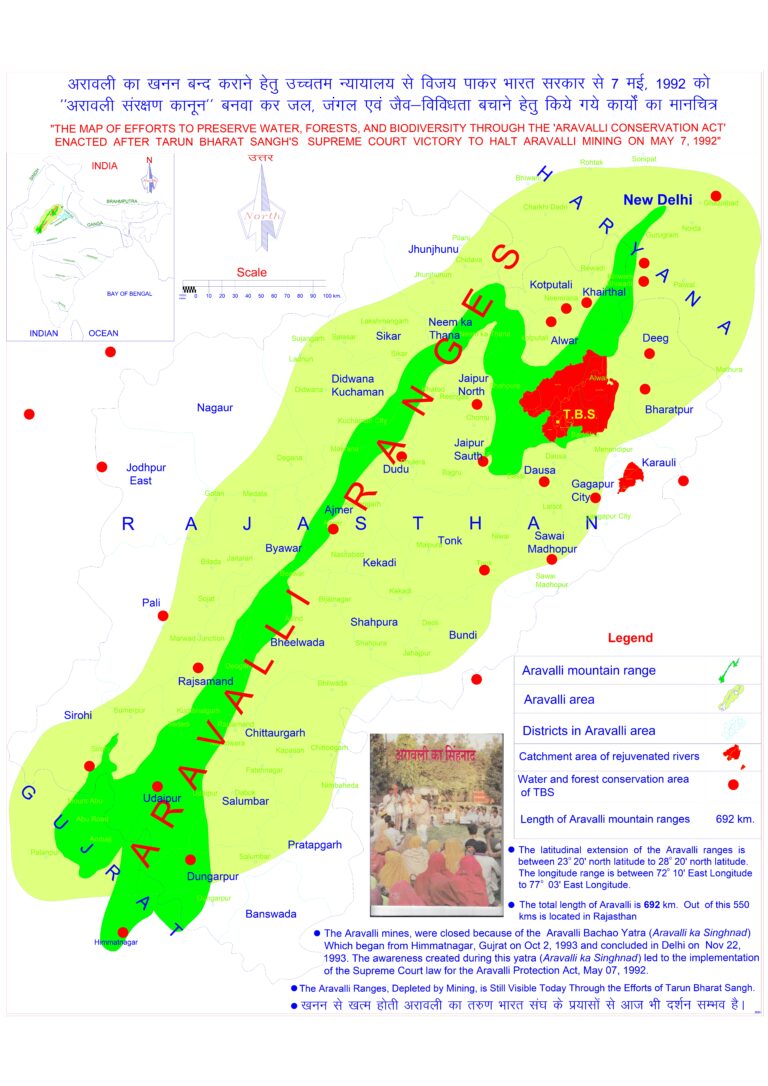
Nairobi: World leaders today sounded the alarm on the worsening impacts of climate change on communities, acknowledging that the transboundary nature of environmental challenges necessitates strong multilateral responses. They expressed determination to accelerate multilateral action on the triple planetary crisis of climate change, nature loss and pollution at the United Nations Environment Programme (UNEP) headquarters here for the High-Level Segment of the sixth session of the UN Environment Assembly (UNEA-6).
President William Ruto of Kenya was joined by Heads of State and Government, including President Mokgweetsi Masisi of Botswana, President Omar Guelleh of Djibouti, Transitional President Brice Nguema of Gabon, President Hassan Sheikh Mohamud of Somalia, Prime Minister Abiy Ahmed of Ethiopia, and Prime Minister Ariel Henry of Haiti, among others.
“UNEA-6 is the first intergovernmental global meeting after COP28. This places upon this Assembly a tremendous responsibility to expeditiously deliver on its agenda in full, and thereby demonstrate the power of international cooperation and effective multilateralism,” President Ruto told delegates. “This is a challenging task, which is complicated by the fact that nations of the world are all grappling with a dynamic complex of interconnected and multifaceted threats, risks, uncertainties and shocks, ranging from sluggish economic growth, conflict and wars, and geopolitical fragmentation,” he added.
The UN Environment Assembly is the world’s highest decision-making body on the environment – its membership includes all 193 UN Member States. It meets biennially to shape global environmental policy. The Assembly also define the work of the UN Environment Programme (UNEP).
“It is my hope that the UN Environment Assembly will demonstrate that challenges are best addressed when the community of nations and citizens of the world join forces with an open mind,” said Leila Benali, President of UNEA-6 and Minister of Energy Transition and Sustainable Development for the Kingdom of Morocco at the gathering of Heads of State and Government, Ministers, senior UN officials, members of civil society and the private sector.
“Our efforts today will be crucial to secure our world – for the benefit of people and the planet,” Leila said.
More than 7,000 delegates from 182 UN Member States and more than 170 Ministers have registered for UNEA-6. The Assembly has 19 resolutions and two decisions under discussion – they cover a range of issues, including circular economy; effective, inclusive, and sustainable multilateral actions towards climate justice; solar radiation modification; sound management of chemicals and waste, and sand and dust storms.
“This Assembly plays a vital role in driving environmental action. And you have shown before that you can unite and deliver – most recently with your historic decision to negotiate a plastic treaty,” UN Secretary-General António Guterres said in a video message. “I urge you to do so again – and go further. There are many important resolutions before you. So, please, take this chance to drive multilateral solutions,” he added.
Inger Andersen, Executive Director of UNEP, said, “We can push back against the triple planetary crisis if we show unity of purpose, at this Assembly and beyond. Purpose to shun fossil fuels and look to renewable energy sources. Purpose to conserve and restore the natural world and our lands, which give us life. Purpose to keep harmful chemicals, pollution and waste out of our ecosystems and yes, out of our bodies”.
“But I also ask you to recall that this Assembly is much more than one set of resolutions or decisions,” she added. “This is where the global community gathers to think big and dream bigger. To reimagine how we can work better, smarter, harder and faster – together. To hold the future that we want in our mind’s eye and make it happen.”
A series of leadership and multi-stakeholder dialogues and more than 30 official side events and associated events are taking place at UNEA-6. The Assembly also highlighted the importance of cooperation with multilateral environmental agreements (MEAs) – international agreements that address the most pressing environmental issues of global or regional concern and are critical instruments of international environmental governance and international environmental law – with a full day devoted to strengthening convergence of actions and sharing of experiences while also providing increased visibility to the MEAs.
– global bihari bureau





